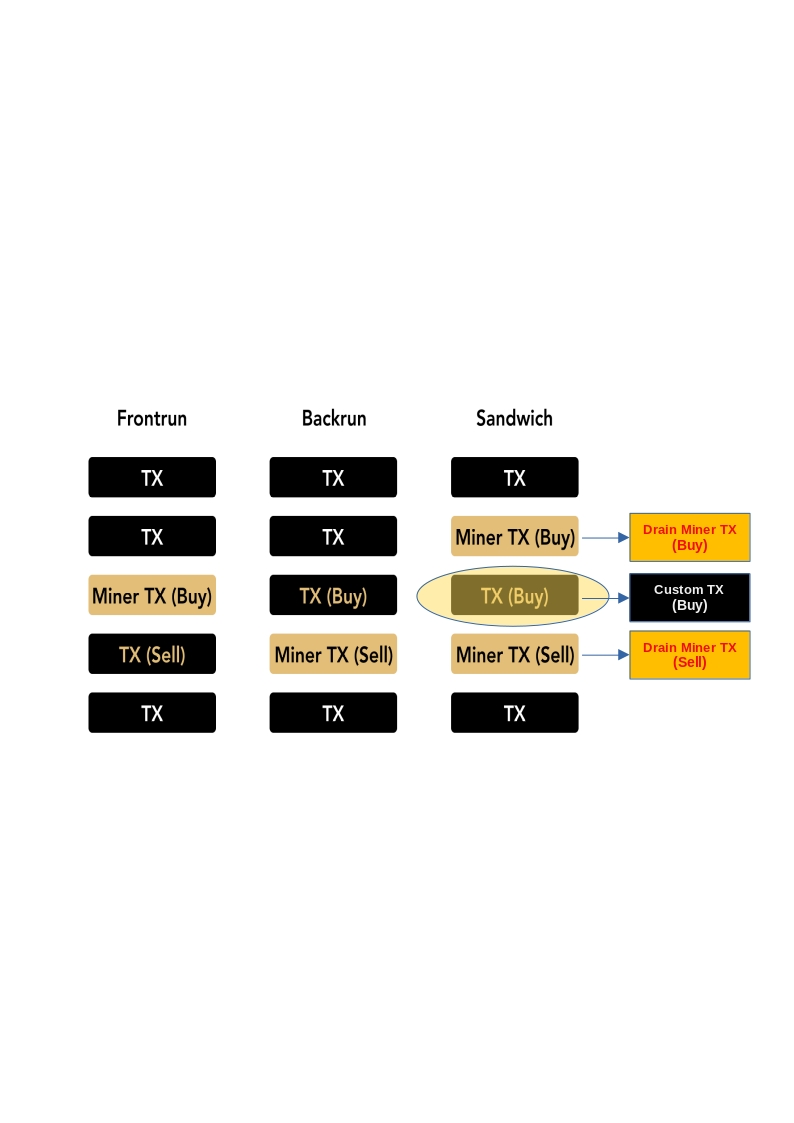Pre-Requisite to hack a De-centralized Network with Centralized Infrastructure
512 eth 16 Validator$, 8 tx$, 2$ Million liquidity, 1 eth block .
The Plan
Hack the centralized MEV (Most Extracted Value) network of bots that bundles the transaction from the mempool to validate.
MEV (Most Extracted Vaue) Origin
Most Extractable Value is the profit to be made by including, excluding, or reordering the transactions in a block.
MEV is the result of complex transactions involving smart contracts that facilitate lending, borrowing like DeFi (Decentralized finance), and trading like DEXs (decentralized exchanges).
There are 3 types of MEVs front buy a big buy order. or back sell a big buy order or do both.

Evidence of MEV dates back to Bitcoin. In 2013, Bitcoin Core developer Peter Todd offered bounties for any user able to show a hash collision against a number of cryptographic algorithms, particularly SHA-1. The bounty for SHA-1 reached 2.48 bitcoin, to be collected by any user who signs a transaction on Bitcoin demonstrating the collision attack.
We advise mining the block in which you collect your bounty yourself …. If the bounty value is sufficiently large other miners may find it profitable to reorganize the chain to kill your block and collect the reward themselves.
— Peter Todd’s Bitcointalk forum post
The purpose of decentralized network is to negate middleman but MEVs are the digital middleman and whoever controls the MEVs control the decentralized network. Its the emergent bug of complex smart contracts.
Process
Place 8 txs as a bait for the MEV bots, then unbundle the MEV bots txs, rebundle with new custom txs. search and propagate the new bundle.
It’s technically front running the front running MEVs bots just for 12.1s for 1 block. It is like digital Robin Hood (smarter thief outsmarting other bot thieves).
Smart Contract Hack Overview
Block Address: 1696466
Block User address: 0x3c98d6
Place 8 bait txs so that MEV bots place a sandwich MEV txs.
The proposer built a custom block that destroyed the sandwiches of the sandwich bots and effectively stole their money.

In order to make it appear like a transaction that would never be sent as a broadcast block, the proposer set the parent root and state root to zero.

They made a large profit by claiming liquidity from MEV bots.
Summary
The weakest link is the centralized infrastructures like infura, MEV boost relays, MEV bots that provide service like APIs, Builders, MEVs to the decentralized networks like ethereum, the centralized infrastructures can be hacked, colluded or censored by entities with vested interest that have enough resources to pull it off.
One important question to be asking is: are we building towards the right goal? This is a recent series of tweets from the long-time Geth core developer Peter Szilagyi:



